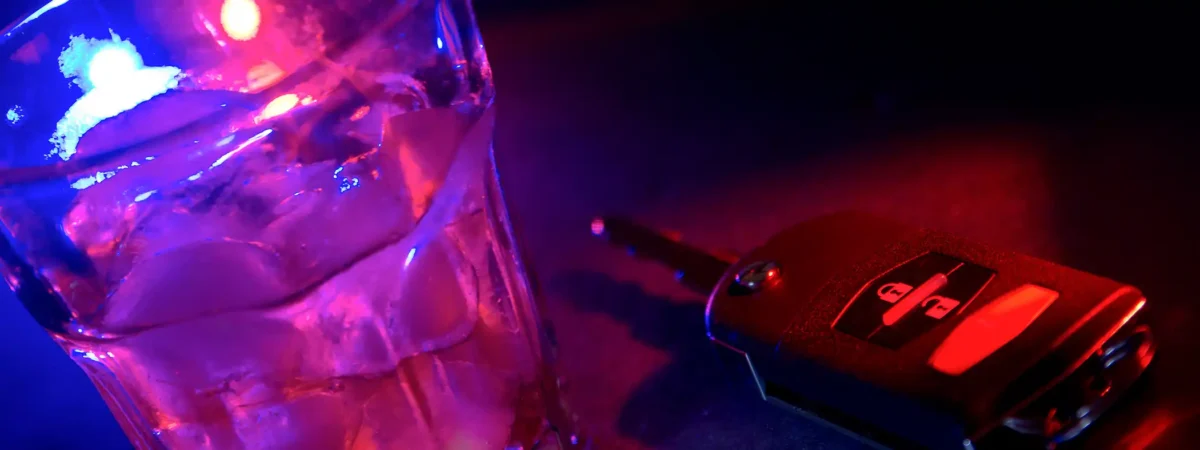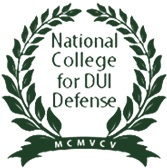
Are the consequences of a criminal offense different if I’m under 18?
Yes, they are very different.
The two courts–juvenile court and criminal court– are very different. While the criminal court, is concerned with the punishment for the misdemeanor or felony, the juvenile court is more concerned with rehabilitation.
The language used to describe juvenile charges differs. In criminal court, you’re found either guilty or not guilty. In juvenile court, you’re found adjudged delinquent. In criminal court, someone enters a plea of guilty or not guilty. In juvenile court, you either deny or admit a charge.
The juvenile court values rehabilitation over punishment. It seeks to reform the behavior of juvenile delinquents and to provide them an opportunity to change their behavior before they reach the adult system.
While that may seem like the juvenile court is preferable and less strict, it’s not always the case. If a child gets a speeding ticket, there can be much greater ramifications; a school can get involved and license suspension could be implemented. Because minors are still learning about the justice system and can, for the most part, still be shaped into law-abiding citizens, the consequences are greater.
When children are over 14, they can be tried in the adult system if the offense is serious enough. When they are under 14 and the crime is serious, there is a blended sentencing process called the SYO, the Serious Youthful Offender Law. This means that if they are declared delinquent, they will start in traditional juvenile court, which will try rehabilitation, but at the same time, there will be a right to a jury trial and an adult sentence can be used as incentive to rehabilitate fully. So, theoretically, a child over the age of 14 could be sent to the adult system if they are not cooperative or responsive to the rehab system.
If you or a loved one is a minor and facing criminal charges, contact the experienced lawyers serving Southwestern Ohio and Cincinnati, Ohio, areas. The lawyers at The Farrish Law Firm, L.P.A. encourages you to ask your questions by scheduling a free initial consultation. Our criminal defense attorneys are prepared to help you 24/7, and will care about you like you’re family. Your legal issues are our top priority. Let us prove that to you.








